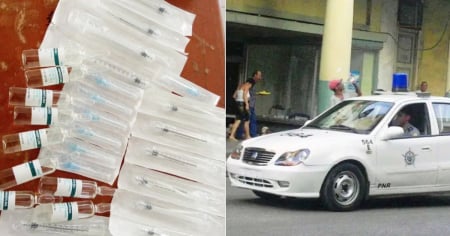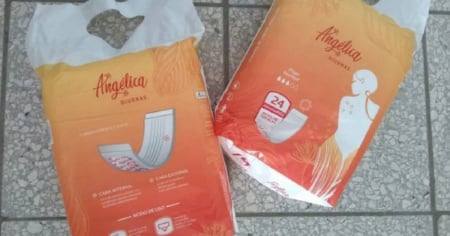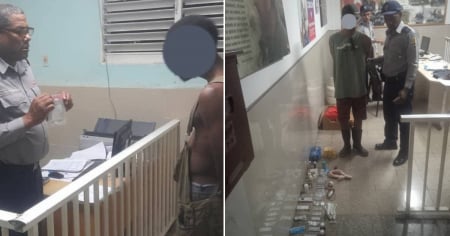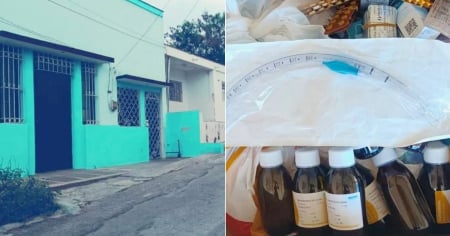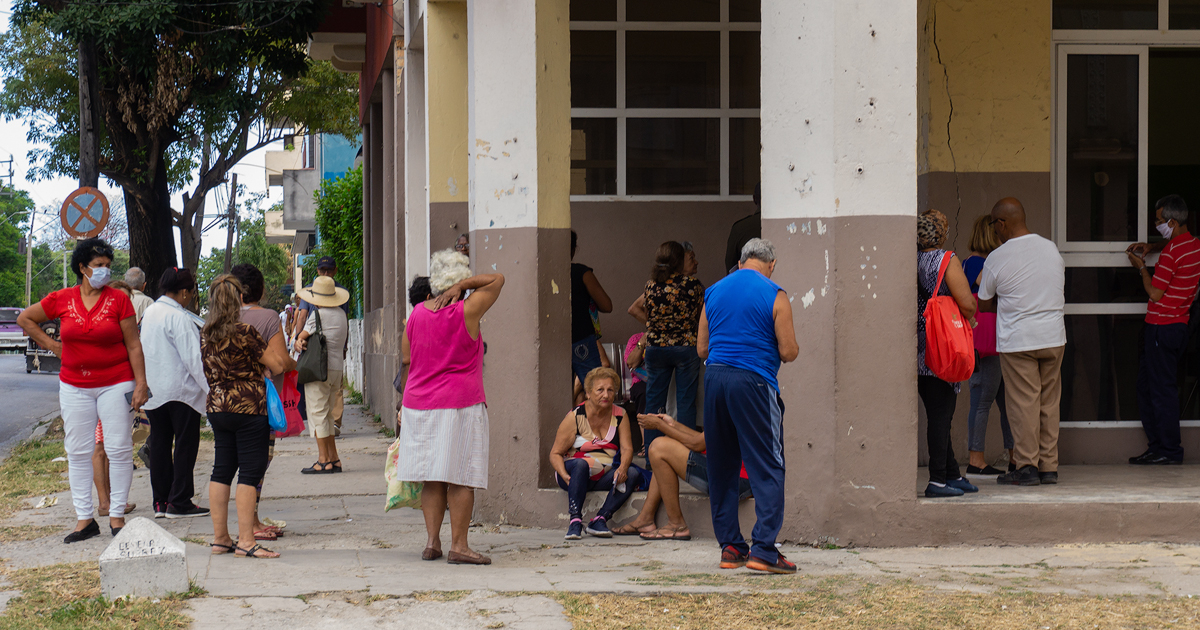
Related videos:
The shortage of medications in Cuba continues to severely impact the population, especially vulnerable groups, according to an informational note published by the newspaper Venceremos.
According to the Commercial Pharmaceutical Company (EMCOMED) in Guantánamo, the main causes of the supply crisis are a lack of raw materials, limited financing in the pharmaceutical industry, unavailability of imported medications, and issues with contracting suppliers. "The shortage of drugs [...] mainly affects the Maternal-Child Program and controlled medications. In the latter, the most affected groups include antihypertensives, those for diabetes mellitus, ophthalmology, respiratory system medications, and antibiotics, among others," EMCOMED detailed in its statement.
Additionally, a severe delay has been reported in the distribution of sanitary pads for the registered women, due to a lack of raw materials, while the delivery of cotton packages for diabetics and colostomy patients is being ensured.
The crisis of medication shortages in Cuba has worsened in recent years. A report from the Ministry of Public Health last December revealed that more than 70% of essential drugs were unavailable, which represents over 460 medications from the basic formulary.
Patients with chronic illnesses such as hypertension, diabetes, and asthma face serious difficulties in accessing their treatments, putting their health at risk. To address the crisis, the Cuban government has implemented rationing measures for the sale of medications in pharmacies, such as assigning specific purchase days based on medical consultations, which has led to long queues and desperation among patients.
Faced with scarcity, many Cubans turn to the black market, where the prices of medications have skyrocketed. A bottle of amoxicillin, for example, can reach 300 pesos in the informal market. Furthermore, there have been reports of people sleeping in the doorways of pharmacies to secure a spot in line and be able to purchase the few medications available.
Cuban authorities have acknowledged the seriousness of the situation and have implemented some alleviating measures, such as extending the tariff exemption for the importation of medicines by travelers coming from abroad. However, experts and citizens doubt that these actions will be enough to resolve the crisis.
While the problem persists, the most vulnerable patients, including children, the elderly, and those with chronic illnesses, continue to be the primary victims of the lack of medications in Cuba.
Frequently Asked Questions about the Medication Shortage in Cuba
What are the main causes of the shortage of medications in Cuba?
The main causes of the shortage of medications in Cuba include a lack of raw materials, limited funding in the pharmaceutical industry, and issues with contracting suppliers. Additionally, the unavailability of imported medications and disruptions in international supplies exacerbate the situation. These challenges are acknowledged by the Cuban government, although they often attribute part of the crisis to the U.S. embargo.
How does the shortage of medications affect Cubans, especially vulnerable groups?
The shortage of medications in Cuba severely affects vulnerable groups, such as children, the elderly, and patients with chronic illnesses. These groups face serious challenges in accessing necessary treatments for conditions like hypertension, diabetes, and asthma, putting their health at risk. Furthermore, the Maternal-Child Program is severely impacted, affecting the health of women and children on the island.
What measures has the Cuban government implemented to address the medication crisis?
The Cuban government has implemented rationing measures on the sale of medications and has extended the tariff exemption for the importation of medicines by travelers from abroad. However, these actions have not been sufficient to resolve the crisis, and many citizens turn to the black market to obtain necessary drugs at high prices.
What impact does the shortage of medications in the black market have in Cuba?
The shortage of medications has led to an increase in the illegal resale of drugs in the black market, where prices have reached exorbitant levels. For example, a bottle of amoxicillin can cost up to 300 pesos in the informal market, which increases the economic burden on Cubans who need these essential medications for their health.
Filed under:

